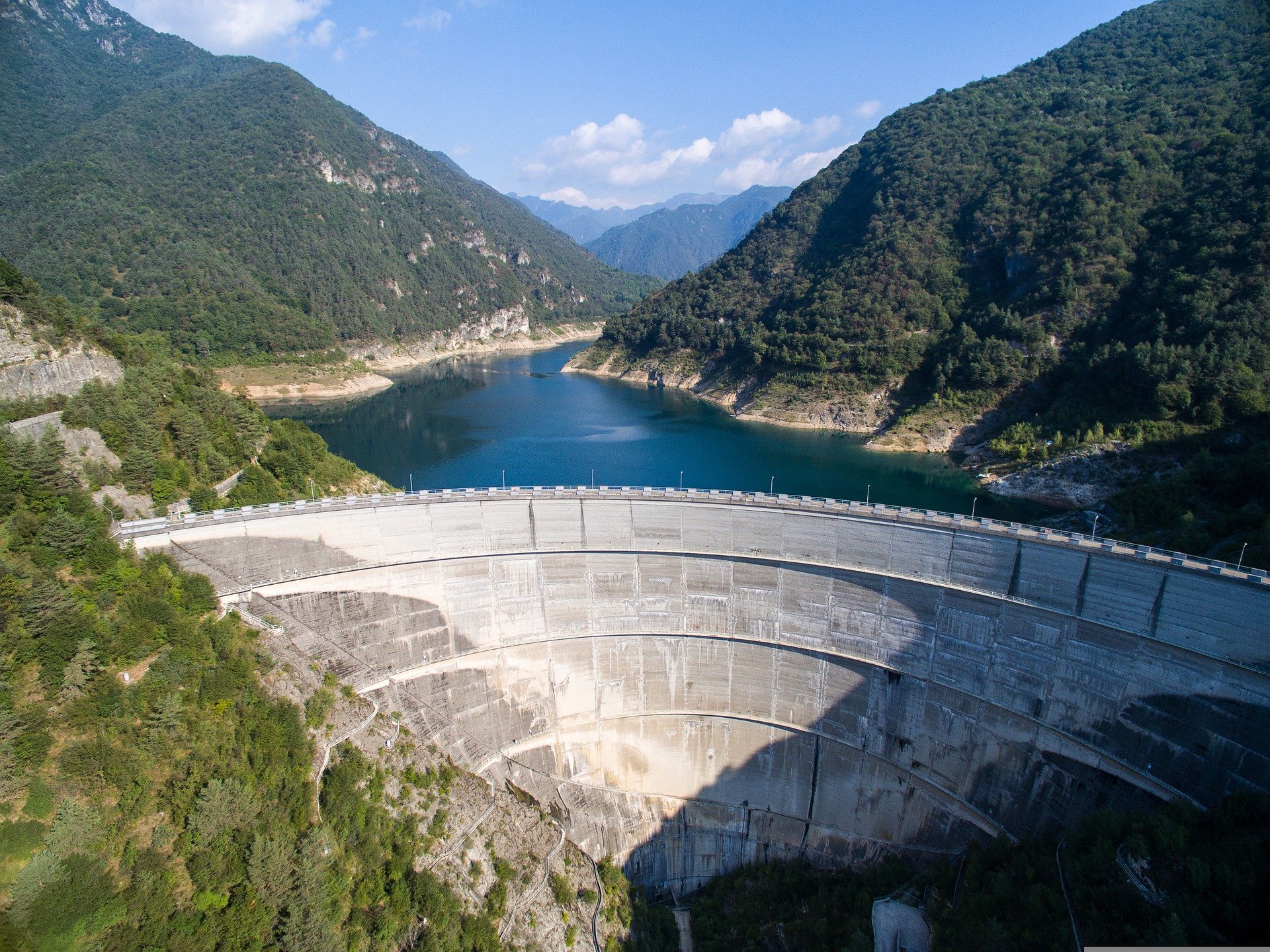A look back at the SMPAT case law
The example of hydraulic concessions
After having tremendously renovated the judge's office in the context of appeals aimed at the award and signature of administrative contracts, the Council of State has, by its section decision Syndicat mixte de promotion de l'activité transmanche (SMPAT) of June 30, 2017 (No. 398445), clarified the rules applicable to appeals initiated during the performance of the contract and tending to question its validity.
A judgment rendered by the administrative court of Pau regarding an application for termination of a hydraulic concession contract provides an interesting example of the application of this case law and the grounds that may - or may not - be invoked by the applicant.
Traditional case law on detachable acts relating to the performance of the contract
Many practitioners of public procurement law have wondered - and, where applicable, have suffered from insomnia as a result - about the risks of challenging the validity of a contract after the expiry of the time limits for appeal against the contract and the detachable acts adopted in the context of its award and performance.
The traditional jurisprudence of the Concil of State prevented the rigorous jurist from concluding too quickly that the contract was immune at the end of the time limits for appeal against these acts.
While the Concil of State admitted the admissibility of appeals for misuse of power brought by third parties against acts detachable from the contract at the time of its award and signature (CE, 4 August 1905, Martin, Rec. 749), it also ruled that third parties with an interest in acting were admissible to challenge the decision to refuse to terminate the said contract (CE, Sect., 24 April 1964, Sté de livraisons industrielles et commerciales, Rec. 239).
The Concil of State subsequently confirmed this case law, while denying third parties the possibility of challenging a public authority's refusal to bring an action for nullity before the contract judge (CE, December 17, 2008, Association pour la protection de l'environnement du Lunellois, No. 293836).
As there are many third parties who may have an interest in acting against administrative contracts, particularly at the local level, the risks of challenging contracts during their execution were significant, despite the small number of decisions rendered by the administrative courts in the context of the above-mentioned case law.
In view of this risk, and following the decisions in Commune de Béziers (CE, Ass., December 28, 2009, Rec. 509) and Département de Tarn-et-Garonne (CE, Ass., April 4, 2014, Rec. 70), the Concil of State has renewed its office and clarified the legal framework applicable to these appeals.
Appeal for the termination of the performance of an administrative contract
In its aforementioned SMPAT decision of June 30, 2017, the Concil of State held that a third party to an administrative contract may ask the administration to terminate its performance and then, in the event of an explicit or implicit refusal, file an action of full jurisdiction before the contract judge seeking to terminate the performance of the contract. The admissibility of this recourse remains conditional on the existence of an interest to act on the part of the third party concerned; he must be likely to be harmed in his interests in a sufficiently direct and certain manner.
Only certain types of pleas can be invoked by the petitioners. These are the grounds of appeal:
The fact that the public entity was required to terminate its performance because of legislative provisions applicable to current contracts.
That the contract is vitiated by irregularities likely to impede its continued performance and that the judge should raise them ex officio.
That the continued performance of the contract is manifestly contrary to the public interest.
With regard to this last point, the plaintiffs may invoke certain breaches of contractual obligations; those which, by their gravity, manifestly compromise the general interest.
When such an action is brought, the administrative judge must assess whether the grounds raised are such as to justify the termination of the contract, if necessary with a deferred effect. In the context of his office, it is incumbent upon the judge to verify that his decision will not excessively affect the general interest.
The Concil of State has subsequently confirmed the strict nature of this remedy. It thus ruled that :
Mere irregularities that were minor in scope and revealed no fraudulent intent were not of a nature to constitute breaches of contractual obligations justifying termination (CE, 30 November 2018, GIE Groupement périphérique des huissiers de justice, No. 416628).
The disregard of the rules of advertising and competition is, in the absence of particular circumstances, not invocable in support of such an appeal (CE, 12 April 2021, Sté Ile de Sein Energies, n° 436663).
The irregularities likely to lead to the termination of the contract must therefore be particularly serious.
Application to hydraulic concession contracts
In a judgment dated August 19, 2022, the administrative court of Pau recently ruled on an appeal filed by a municipality to terminate the performance of a water concession contract (no. 1800378).
In this case, the municipality first invoked the alleged failure to comply with the rules of advertising and competitive bidding when awarding the concession. The court quickly dismissed this argument by applying the case law of Société Ile de Sein Energies cited above. In particular, it noted that the municipality had not invoked any particular circumstance requiring the judge to terminate the performance of the disputed contract.
The municipality then put forward a plea alleging infringement of the provisions of Articles 107 and 108 of the Treaty on the Functioning of the European Union (TFEU) relating to state aid. It argued that State aid had been granted to the holder insofar as, due to the conditions of renewal of the contract, it was not subject to the payment of the fee proportional to the concession revenue set out in article L. 523-2 of the Energy Code. The judge was not convinced by this argument. He noted that the provisions establishing this proportional fee were not applicable to this concession and dismissed the argument.
As a result, the court dismissed the application. This decision confirms that the SMPAT jurisprudence is intended to apply only in very specific situations, such as the incompetence of the contracting authority (TA Montreuil, July 19, 2018, SIVURESC, no. 1709890). Legal certainty and the binding nature of contractual relations prevail in principle.

